Madagascar's Tax Landscape: A Comprehensive Overview for International Investors
In the dynamic world of international finance, understanding the tax regimes of emerging markets is crucial for strategic investment decisions. Madagascar, with its unique economic profile and evolving business environment, offers a distinctive tax framework that warrants attention. This article provides an in-depth analysis of Madagascar's tax system, highlighting key features and considerations for global investors.
Personal Income Tax: A Straightforward Regime
Madagascar imposes a personal income tax at a flat rate of 23%, applying to resident individuals on their worldwide income and non-residents solely on income sourced within Madagascar. Taxable income encompasses employment earnings, business profits, and investment returns. Notably, joint tax filing is not permitted; each taxpayer must submit separate returns.
Capital gains from the sale of real property are subject to the same 23%tax rate, acting as a prepayment of the individual’s income tax liability. Various deductions and allowances, such as dependent support and housing costs, are available to reduce taxable income.
Corporate Tax: Encouraging Investment
Madagascar levies a corporate income tax at 23%, applicable to resident companies on both domestic and foreign-sourced income. Non-resident firms are taxed only on Madagascar-sourced income. A key feature is the exemption of dividends from withholding tax, alongside export incentives like VAT refunds for export processing zones.
Capital gains from asset sales are taxed under general income rules, and tax losses can be carried forward for up to five fiscal years. Madagascar does not impose a thin capitalization, controlled foreign company, or alternative minimum tax regime.
Indirect Taxes: VAT and Beyond
The value-added tax (VAT) in Madagascar stands at 20%, applicable to goods, services, and imports. Companies and individuals with an annual turnover exceeding MGA 200 million are required to register for VAT, while those below this threshold may opt into the system.
Compliance and Administration
Tax compliance in Madagascar follows a calendar year, though businesses may elect a different fiscal year. Income tax is payable in six bi-monthly installments, with the final balance due upon tax return filing. Penalties for late filing or evasion are strictly enforced.
Implications for International Investors
Madagascar's tax framework presents both opportunities and considerations for foreign investors. The flat tax rate, export incentives, and lack of withholding tax on dividends create an attractive environment for businesses. However, the complexity of transfer pricing rules and the need for meticulous compliance should be carefully navigated.
As highlighted by tax experts, “Madagascar's tax policies reflect a balance between generating fiscal revenue and stimulating economic growth. For investors, understanding these mechanics is key to optimizing both compliance and profitability.”
Looking Ahead
With ongoing efforts to modernize its tax administration and attract foreign capital, Madagascar's tax landscape is poised for evolution. For businesses considering market entry or expansion, staying abreast of regulatory changes and leveraging available incentives will be critical to success.
In conclusion, Madagascar's tax system, while straightforward in many aspects, requires a nuanced approach. Its blend of competitive rates and strategic exemptions makes it a compelling destination for investors seeking growth in Africa's emerging markets.






















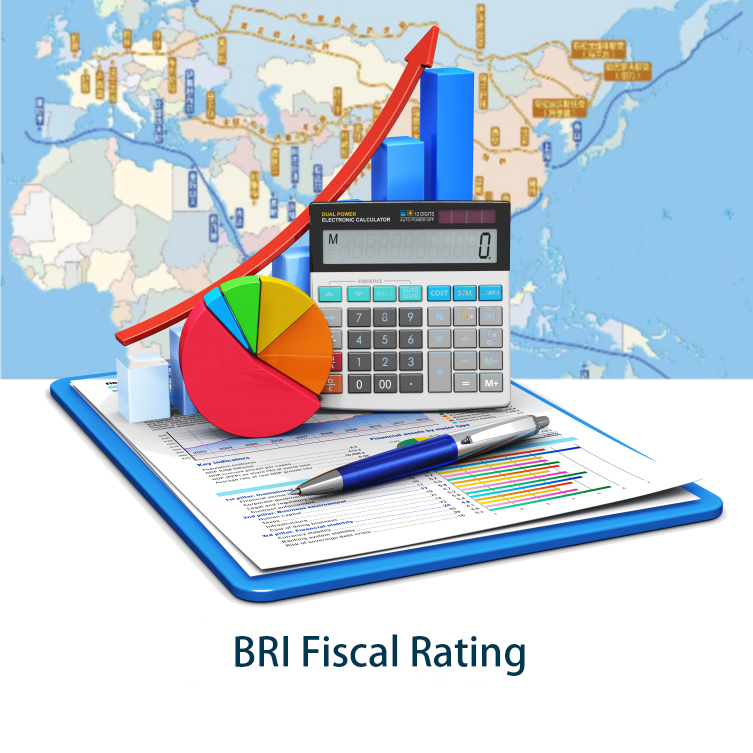
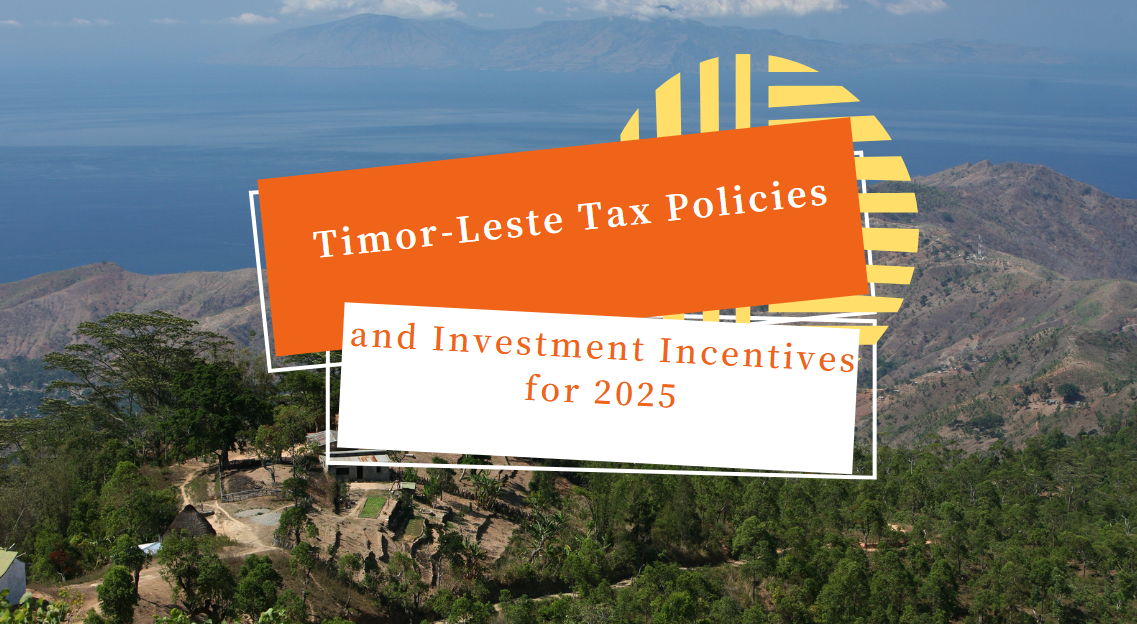
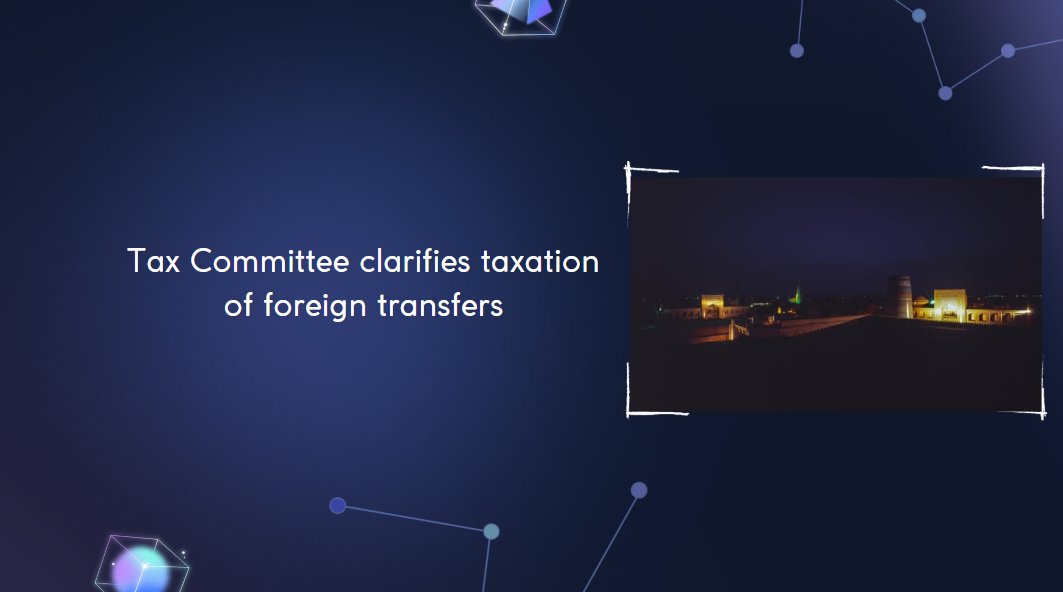
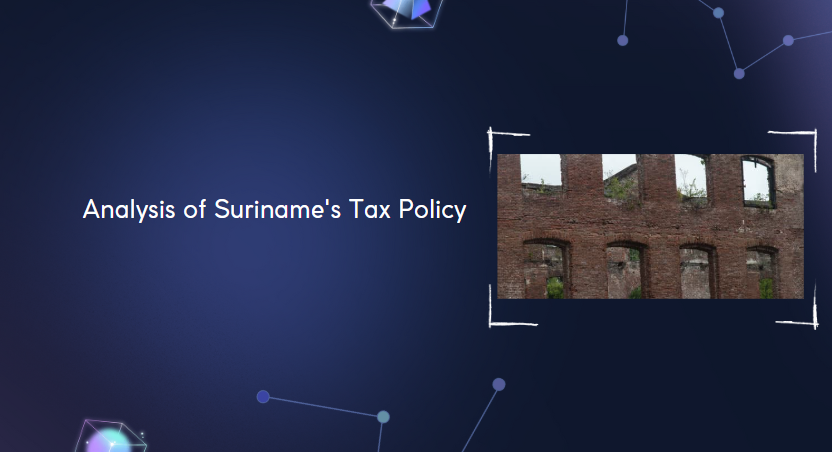
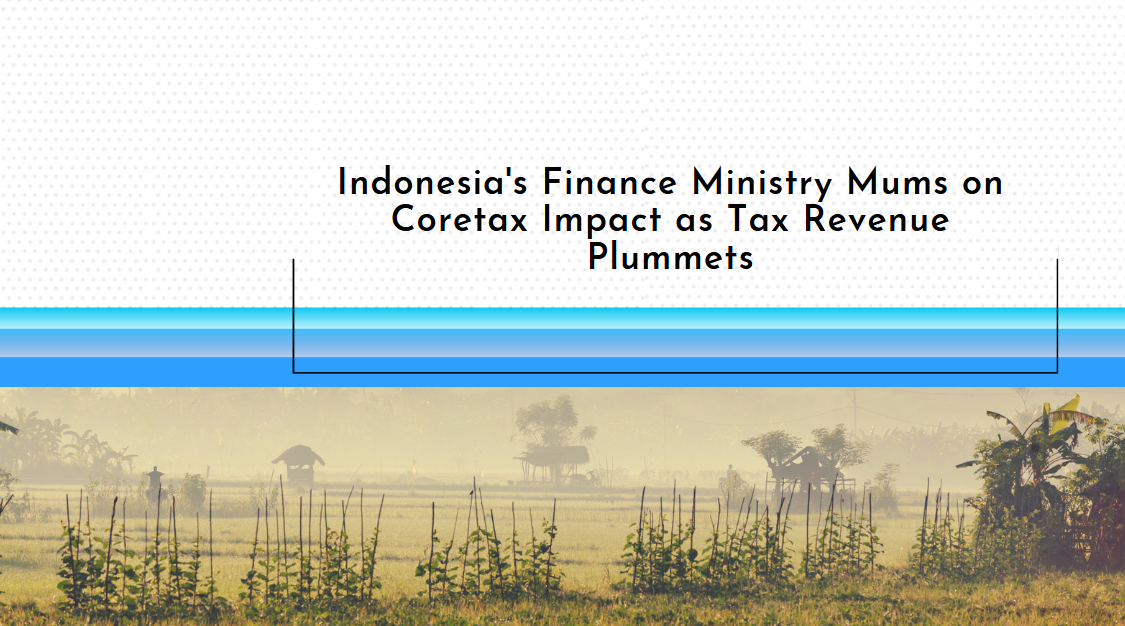



























First, please LoginComment After ~